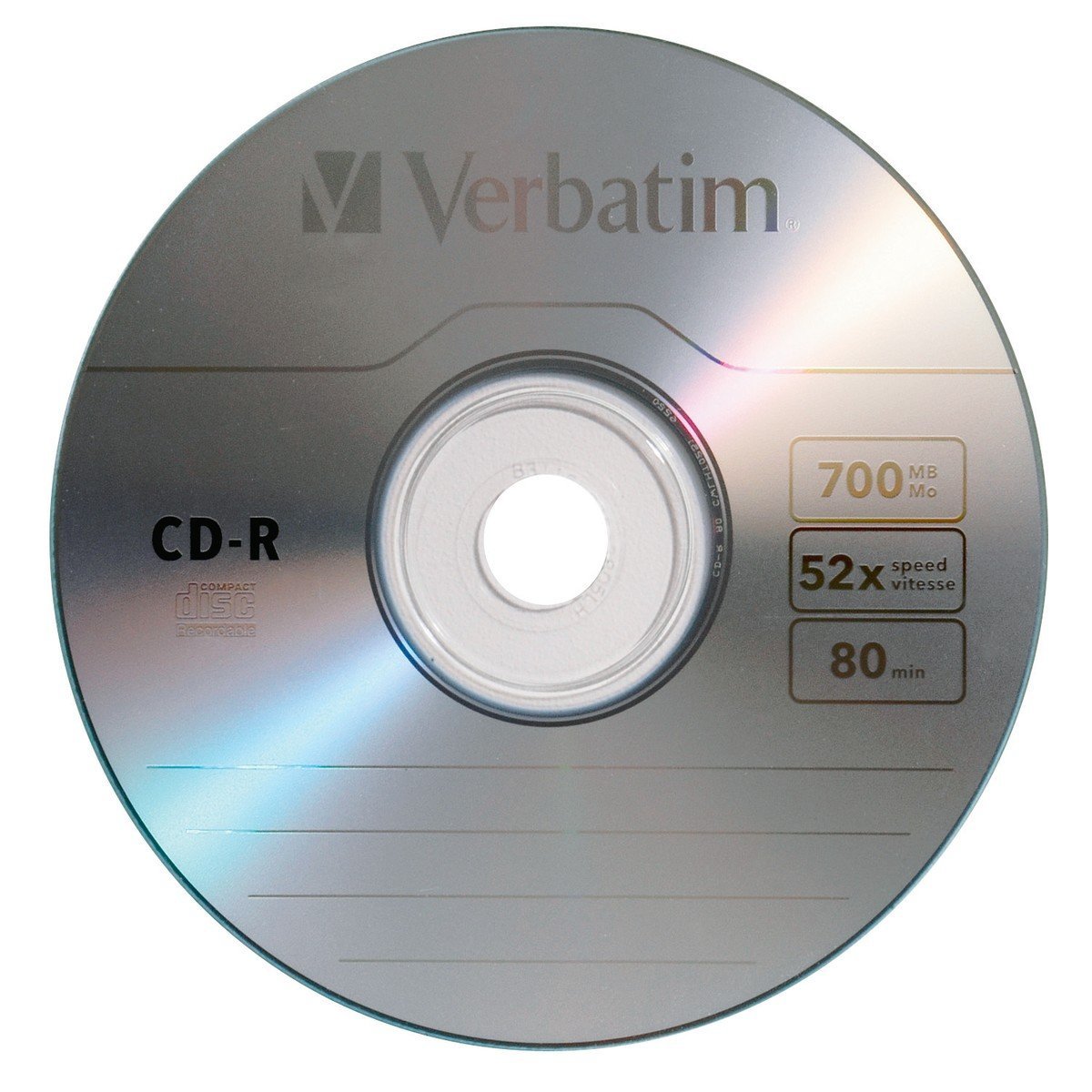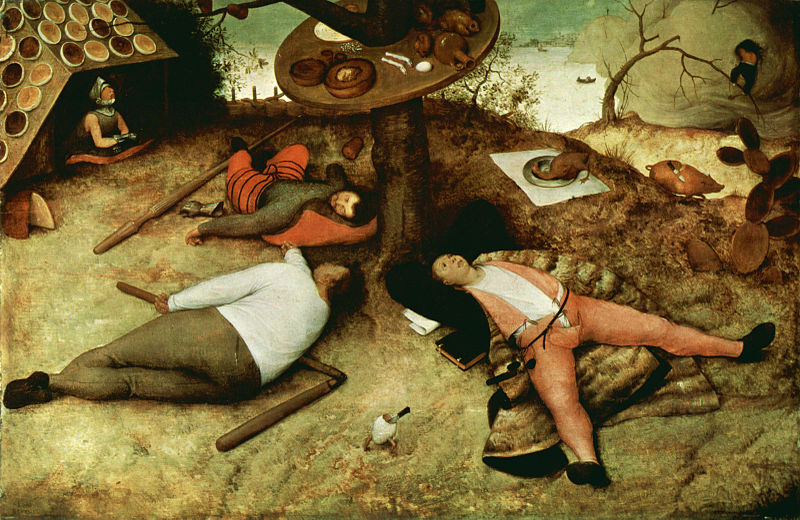 I have become an old hand. Not literally, but figuratively. An old hand is someone who is very experienced and skilled in a particular area of activity. How did this exaltation occur? Not many years ago I was a novice and struggling to orientate in the genre. Nowadays, people are writing to me with music suggestions and want to know what I think. I get very well-informed suggestions from like-minded people. Their aim are often spot-on. On the other hand, there are some artists and bands who insists that they have "a gothic streak" in their music and want me to confirm this. How do I separate the wheat from the chaff? I simply apply the duck test. If it looks like a duck, swims like a duck, and quacks like a duck, then it probably is a duck. Practising the duck test makes perfect. However, to tell someone that they're non-gothic is a difficult conversation. "With great power comes great responsibility". To be an old hand is desirable. It involves the same satisfaction as achieving mastery in collecting, read more here (opens in a new window). You achieve mastery through specialized knowledge and expertise. No tiny detail is too small to remain unnoticed. It's deeply satisfying to know more than anyone else in the world in your tiny field. It doesn't matter that almost no-one cares. You and few like-minded people care. And that's really all that matters.
I have become an old hand. Not literally, but figuratively. An old hand is someone who is very experienced and skilled in a particular area of activity. How did this exaltation occur? Not many years ago I was a novice and struggling to orientate in the genre. Nowadays, people are writing to me with music suggestions and want to know what I think. I get very well-informed suggestions from like-minded people. Their aim are often spot-on. On the other hand, there are some artists and bands who insists that they have "a gothic streak" in their music and want me to confirm this. How do I separate the wheat from the chaff? I simply apply the duck test. If it looks like a duck, swims like a duck, and quacks like a duck, then it probably is a duck. Practising the duck test makes perfect. However, to tell someone that they're non-gothic is a difficult conversation. "With great power comes great responsibility". To be an old hand is desirable. It involves the same satisfaction as achieving mastery in collecting, read more here (opens in a new window). You achieve mastery through specialized knowledge and expertise. No tiny detail is too small to remain unnoticed. It's deeply satisfying to know more than anyone else in the world in your tiny field. It doesn't matter that almost no-one cares. You and few like-minded people care. And that's really all that matters.




